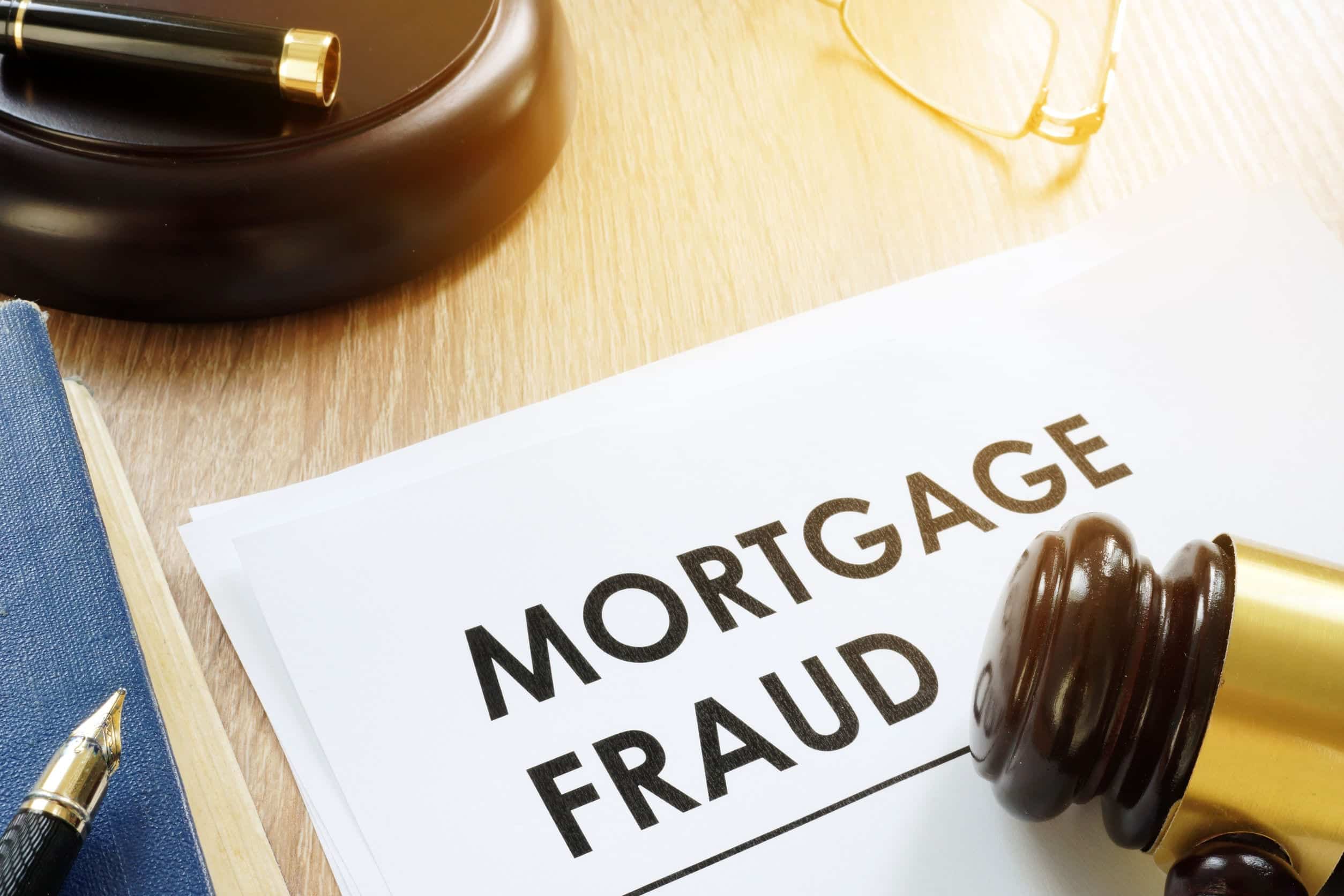- Home
- THE FIRM+
- Criminal Defense+
- CASE RESULTS
- AREAS WE SERVE+
- FAQ’s
- Blog
- Contact
AZHARI LLC BLOG

Posted By: Sami Azhari
Category:
COVID-19 is having a huge impact on the health of people around Illinois, but it’s also having a financial impact. Luckily, the government has stepped in to offer support to those who are struggling with finances due to the coronavirus pandemic.
The CARES Act provides people with mortgage relief options, but you must be careful when using it to help during this time.
Here’s what you need to know about accessing this federal aid and the documentation you’ll need – documentation that, if altered, can result in financial institution fraud charges.
When Your Financial Situation is Impacted by COVID-19
Before you seek mortgage relief, it’s important to assess your own personal financial situation. Some people are able to pay their mortgage and should continue to do so if able.
Some people cannot pay their mortgages and, in that scenario, should contact their mortgage company for options provided through the federal CARES Act.
It’s important to understand that in order to be eligible for help with your mortgage right now, your financial hardship must be due to the pandemic.
How the CARES Act Can Help
How can the CARES Act help? The CARES Act (Coronavirus Aid, Relief, and Economic Security Act) allows for two protections for those with federally backed mortgages. These protections have to do with preventing foreclosure and/or providing eligible recipients with a payment forbearance period.
Foreclosure Prevention Measure
Under the CARES Act, a loan servicer or lender cannot foreclose on a property for 60 days after March 18, 2020. It specifically prohibits servicers and lenders from beginning any non-judicial or judicial foreclosure against you or finalizing a foreclosure sale or judgment during this period.
Forbearance Period Grants
If you are experiencing financial hardship specifically due to the COVID-19 pandemic, then you can require a forbearance for up to six months and then another extension of six months after that. To do this, you must contact your loan provider directly to request it.
No additional interest, penalties, or fees can be added to your balance during this time, but you do need to affirm that you are experiencing pandemic-related hardship to qualify. Your lender will have specific forms for you to complete.
Whether Your Mortgage Federally Backed
This is the primary question you will need to answer. How do you know if you have a federally backed mortgage who you can petition for help?
Ask your mortgage provider who owns your mortgage, check online with various online tools through Freddie Mac or Fannie Mae, or check the Mortgage Electronic Registration Systems website for the name of your mortgage provider.
Financial Institution Fraud
If you’re not experiencing financial hardship due to the coronavirus pandemic but you decide to petition for help under the CARES Act regardless, then you could be setting yourself up for financial institution fraud if caught.
Financial institution fraud is defined as working to cheat a bank out of property or money of any form by lying or misleading them. The more money that is stolen from the bank through the deceitful act, the more serious the punishment can be for financial fraud.
Penalties for Financial Institution Fraud
If the total value of the money taken from the financial institution is less than $300, then a Class A misdemeanor will be charged. That can result in up to one year in prison as well as fines up to $2,500.
However, if you’ve ever been convicted of financial crime and are charged with a financial fraud institution crime over $300, then you can face felony charges which can at least triple your jail time and leave you owing ten times the fine (or more!).
Our advice? Don’t take unneeded advantage of it or you could be facing some serious legal consequences. The CARES Act is meant to help people through this pandemic. If you are experiencing financial hardship due to other causes, please reach out to the appropriate assistance program for help. It could save you much more than what you need at this moment.
About the Author
Sami Azhari has been working as a lawyer since 2007, after receiving his Juris Doctor from the Michigan State University College of Law. He has handled numerous state and federal cases and is known throughout the Chicago and Rolling Meadows area for providing his clients with high-quality, skilled representation. He has been recognized by Avvo (2013 and 2018), SuperLawyers (2015-2020), The National Trial Lawyers, and other notable organizations, and has spoken at a number of legal conferences.


























































